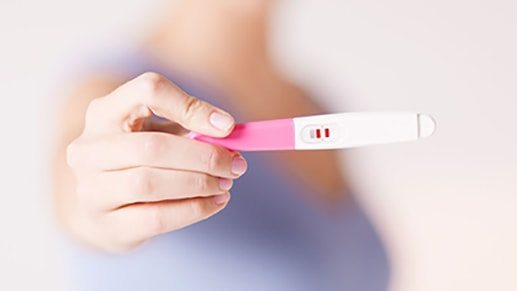Complication: Fertility
Symptoms
Red, swollen, or tender gums or other pain in your mouth; bleeding while brushing, flossing, or eating hard food; gums that are receding or pulling away from the teeth and cause the teeth to look longer than before; loose or separating teeth; pus between the gums and teeth, sores in the mouth; persistent bad breath; a change in the way the teeth fit together when biting; a change in the fit of partial dentures

Women’s fertility is linked to oral health. The success of conceiving a child is linked to how well you take care of your teeth and gums.
A professor at the University of Western Australia compared the effect of gum disease on conception to be the same order of magnitude as the effect of obesity. He conducted a study of 3,400 pregnant women to see how gum disease affects the outcome of pregnancy. They found that on average, women with gum disease took an average of two months longer to conceive than women without gum disease.
Gum disease is also known as periodontal disease. This is where the gums and the supporting tissue are inflamed and infected.
Our mouths are full of bacteria. These bacteria stick to mucus and little bits of food which form a sticky plaque on our teeth. With regular brushing and flossing, we can get rid of this plaque. Without regular brushing and flossing, this plaque becomes hard and turns into tartar. A trip to the dentist is then required to get rid of this tartar because if you leave it too long, the bacteria causes inflammation called gingivitis. The gums will appear swollen, red, and bleed easily. If this is not taken care of by a dentist, the disease then spreads to the tissue and bone. At this stage, you have periodontitis.
Eventually, the toxins and bacteria from this disease can enter the bloodstream. Bleeding gums, caused by improper or lack of tooth brushing, can allow up to 700 types of different bacteria to enter the bloodstream. These bacteria can throw off your body’s immune system, making the environment for conception too hostile for pregnancy. This may best explain why gum disease is linked to miscarriage, birth defects, and premature birth.
There is also evidence that gum disease in men reduces sperm quality.
To increase your chance of fertility, you should maintain a healthy mouth and continue to do so after conception. This will decrease the possibility of harmful effects to the mother and baby. Gum disease can be treated easily, usually involving no more than four visits to the dentist.
Oral Health Tips
- Visit the dentist every six months.
- Brush your teeth twice daily, and don’t forget to floss!
- Swish with mouthwash.
- Avoid smoking and chewing tobacco.
